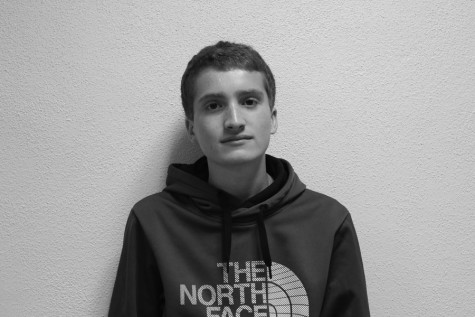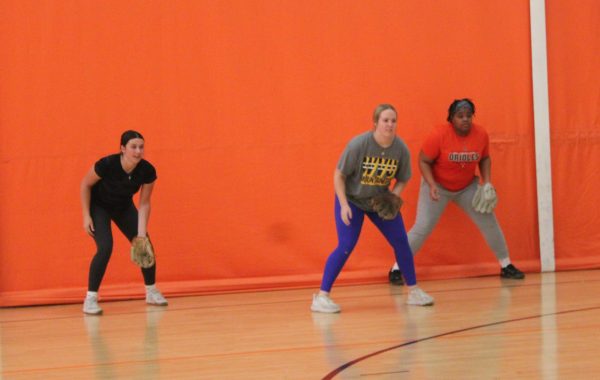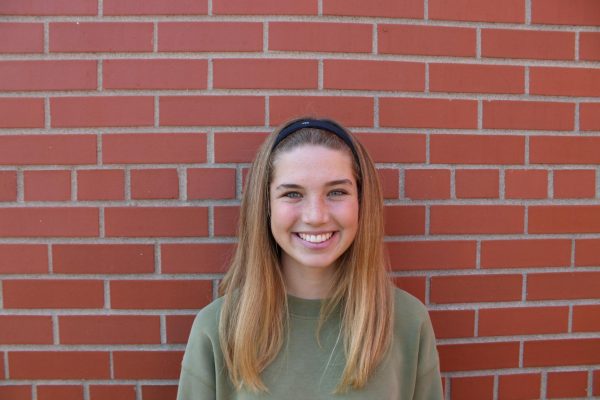Don’t give homework on holidays
Schoolwork should not provide obstacle to religion
September 27, 2015
At the beginning of every school year, I celebrate two important non-Christian holidays, and every year I face the same dilemma of having homework on these important days of observance.
This article does not intend to single out anyone or make accusations of anti-Semitism, but rather intends to show why some non-Christians could take offense to the assignment of homework and the unconcerned continuation of class instruction on their holidays.
Rosh Hashanah and Yom Kippur, for those who may not know, are the second and first most important Jewish holidays, respectively.
Rosh Hashanah, “head of the year” in Hebrew, celebrates the beginning of a new year in the Hebrew calendar and the time in which God inscribes names in the Book of Life.
While synagogue attendance fluctuates based on level of observance, more religious Jews attend upwards of five times over the holiday and many more Jews will attend two or three times. On top of this, many Jewish families host or participate in traditional gatherings of family and friends.
Jewish people come together for meals featuring symbolic foods like apples with honey, in hopes of a sweet new year, and a round version of a typically braided sweet bread called challah, which represents the cyclistic nature of life.
Yom Kippur, or the “Day of Atonement,” marks the time in which God seals the names in the Book of Life. Though both Rosh Hashanah and Yom Kippur fall variably each year in accordance with the lunar Hebrew calendar, Yom Kippur always take place 10 days later.
To fulfill some of the 613 commandments laid out in the Torah, Jews deprive themselves of all food and drink for 25 hours and repent to God for the wrongdoings committed as individuals and as a community.
While, once again, synagogue attendance varies, many families, including my own, go to services the night the holiday begins, and the next morning and afternoon. After the final service and the end of the holiday, many Jews attend “breaking of the fast” gatherings, which can last late into the night.
The issue of having to weigh falling behind in class with giving up part of an important religious holiday does not exist solely among Jews, of course. Muslim students must miss class for holidays such as Eid al-Adha, which took place the two days after Yom Kippur this year.
Part of the problem, undoubtedly, stems from a lack of awareness, judging by the number of comments like “what do you even do on that holiday” I get from peers and teachers alike.
Some people may also face the difficulty of understanding what it’s like to work one’s religious schedule around an academic or professional schedule, with Christmas, Easter and Good Friday conveniently on vacation days.
To suggest the complete stoppage of school would be unreasonable, considering less than 5 percent of the total adult population in the United States affiliates with a non-Christian faith, according to the 2008 American Religious Identification Survey conducted by the Census Bureau.
Nonetheless, teachers could show empathy and understanding to students who miss school due to days of religious observance by telling them to enjoy the important time they will spend with their families instead of handing them packets and assigning them online instructional videos or powerpoints.
The struggle of balancing religion with schoolwork does not end here, however. The holy days of Sukkot take place Sept. 28-29 and Oct. 4, while Shmini Atzeret and Simchat Torah take place Oct. 5-6.
While these holidays do not appear in the calendar of the school planner and hold less sanctity than Rosh Hashanah and Yom Kippur, religious Jews still attend services throughout the day and may not use electricity or write like on all biblical holidays.
Some Muslim students will face a similar issue Oct. 13 as they commemorate the death of the grandson of Muhammad in the holiday Muharram.
At the very least, teachers should learn about these holidays and their significance so they can better understand and empathize with their students.
Though most people are attuned to only wishing a “merry Christmas” or a “happy Easter,” it could never hurt to do the same for other religious holiday, or to ask students how their celebration went upon their return to school.
To completely ensure non-Christian students can enjoy a crucial part of their identity, however, teachers must not allow school work to get in the way of religion.













